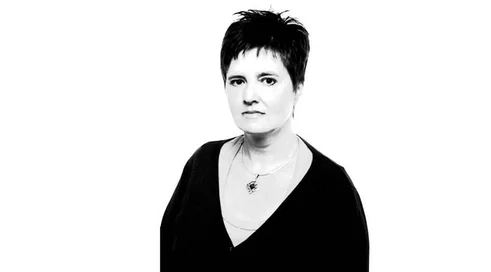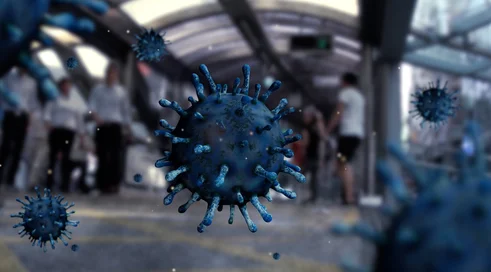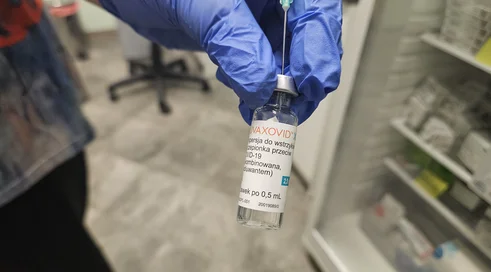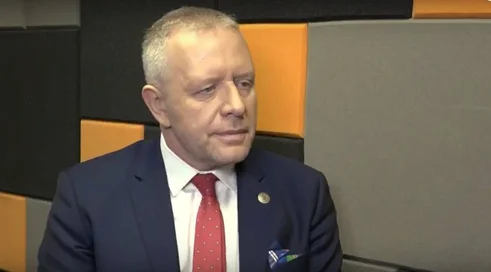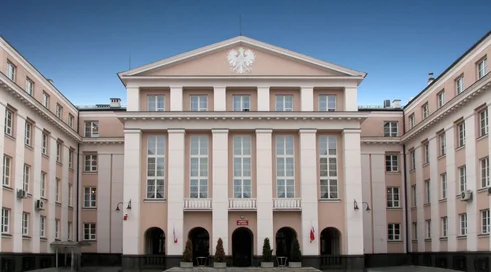Even those patients who have had COVID-19 asymptomatically or very mildly are at risk of serious, long-term effects, as researchers point out. The post-COVID post-infection syndrome affects virtually all systems and organs of our body. It can include respiratory and circulatory problems, chronic fatigue not associated with exercise, neurological symptoms including changes in taste, smell, concentration and memory, headaches and dizziness, blood clotting disorders and thromboembolic complications, and even anxiety and depressive.
Scientists believe that pocovid syndrome is caused by not one mechanism, but many biological consequences of viral infection. Importantly, recent studies show that they can affect a huge percentage of all infected.
- The pocovid syndrome affects 43% of of all people who have had an infection, and among...
Content locked
To gain access to the complete English section of the Medexpress.pl, kindly reach out to us at [email protected].







